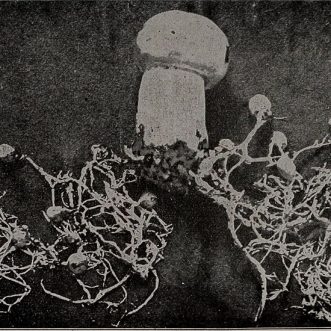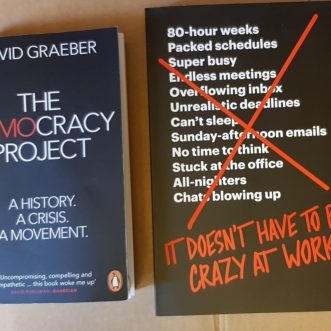October 28, 2020
Maintenance. None of us want to do it. Most of us don’t even want to know it’s being done. We hide it. We put it off, and off, and off again, even though we know that ‘a stitch in time, saves nine’.
Why is that I wonder? Animals and birds seem to do maintenance instinctively. Birds pop food in one end of their nestlings, then tug poop out of the other. Nests and dens are rebuilt or cleared out regularly. How have we humans lost this?
Maintenance of all kinds is what keeps our systems and ecosystems going, but we don’t value it. We don’t even want to see that it’s being done. We hide it in basements and cupboards, offsite, even offshore. And we certainly don’t value the people who do it, we turn them into quasi-servants, invisible, ‘low-skill’, and therefore deserving only low wages.
Until something breaks. Then we love them, applaud them, can’t thank them enough. 5 minutes later, we’re ignoring them again.
Maintenance isn’t sexy, but it is essential. It’s high time we got better at it.
As a start, perhaps we should all do more of it ourselves?
I’m off to clean the oven.









